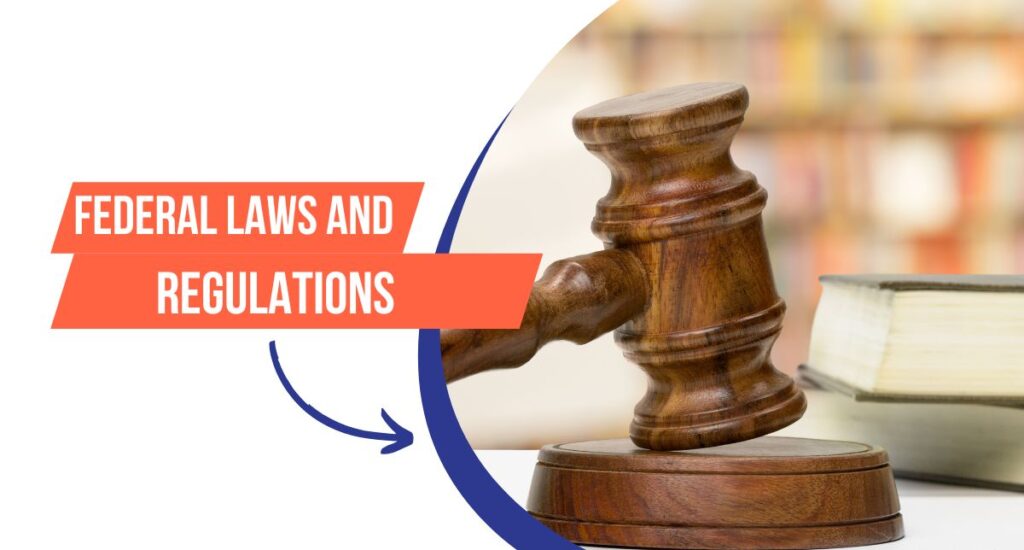
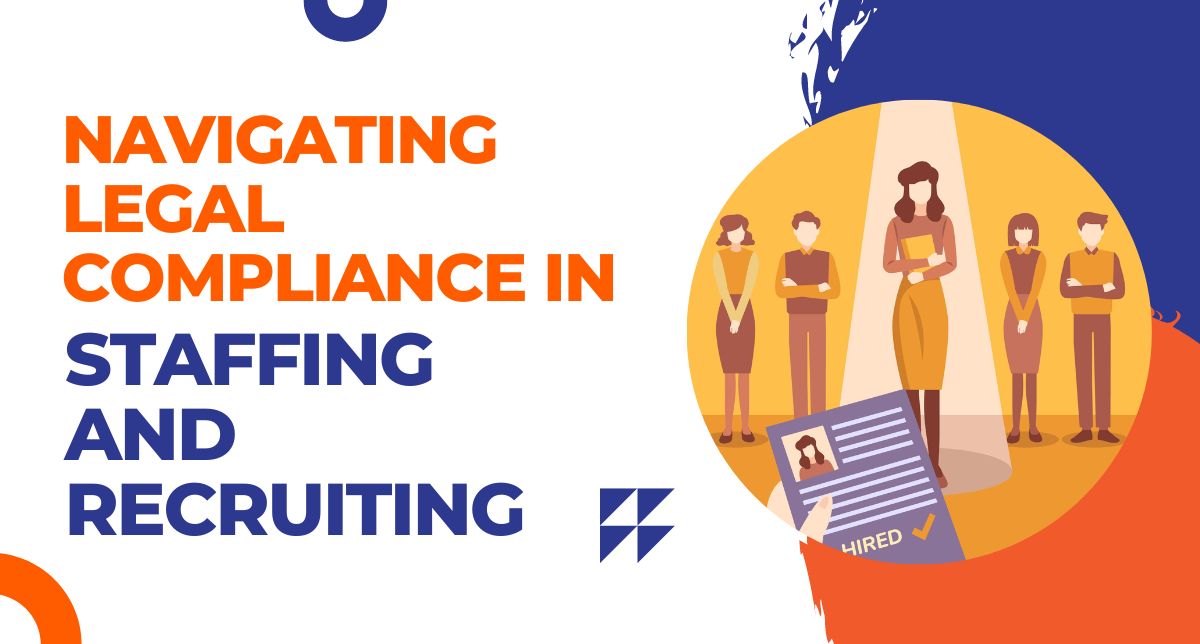
Navigating legal compliance in staffing and recruiting is crucial for companies to avoid costly legal issues, reputation damage, and other negative consequences. The staffing and recruiting industry is highly regulated, with laws and regulations at the federal, state, and local levels. This article will explore the legal requirements that staffing and recruiting companies must comply with and offer tips for navigating legal compliance in the industry.

Several federal laws and regulations apply to staffing and recruiting companies, including:
Equal Employment Opportunity Commission (EEOC) – The EEOC puts forth federal laws prohibiting employment discrimination based on race, color, religion, sex, national origin, age, disability, or any genetic information. Staffing and recruiting companies must comply with all EEOC requirements, including job postings, applicant screening, and hiring decisions.
Fair Credit Reporting Act (FCRA) – The FCRA regulates background checks, including those conducted by staffing and recruiting companies. Employers must provide written disclosure and obtain written authorization from the applicant or employee before getting a background check. Suppose the employer decides to take adverse action based on the background check results. In that case, they must provide a pre-adverse action notice, including a copy of the report and a summary of the applicant’s rights under the FCRA.
Immigration Reform and Control Act (IRCA) – The IRCA requires employers to verify the employment eligibility of all employees, including temporary and contract workers. Staffing and recruiting companies must ensure that they comply with all IRCA requirements, including completing Form I-9, verifying the authenticity of the documents presented by the employee, and retaining Form I-9 for the required period.
Occupational Safety and Health Administration (OSHA) – OSHA regulates workplace safety and health, including those of temporary and contract workers. Staffing and recruiting companies must ensure a safe work environment and comply with all OSHA requirements, including training, recordkeeping, and reporting.
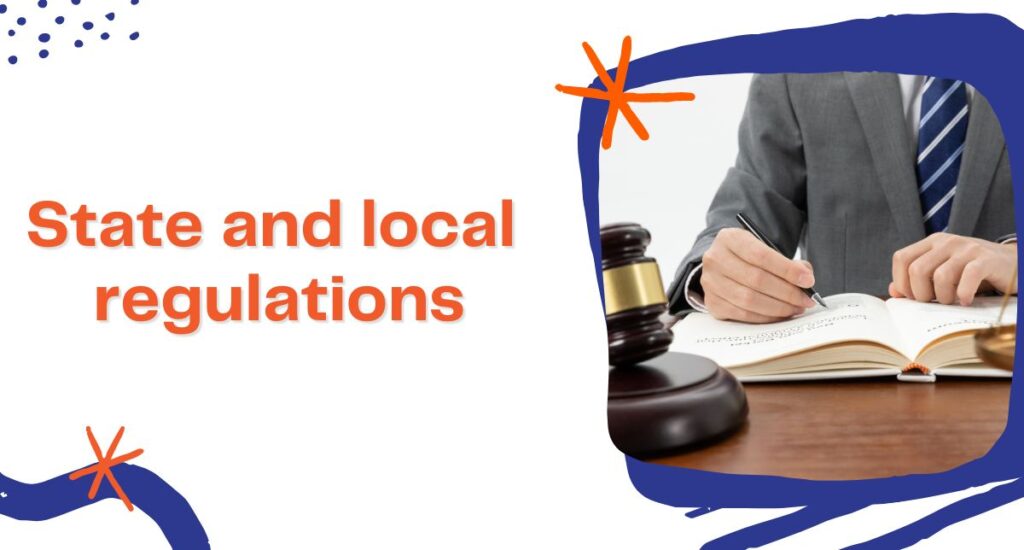
In addition to federal laws and regulations, staffing and recruiting companies must comply with state and local laws and regulations, which may vary depending on the location. Common state and local laws and regulations that apply to staffing and recruiting companies include:
Minimum wage and overtime laws: Staffing and recruiting companies must comply with all state and local minimum wage and overtime laws. Failure to follow with these laws can result in legal action, including lawsuits, fines, and penalties.
Ban the Box laws: Ban the Box laws prohibit employers from asking about an applicant’s criminal history on the job application. Staffing and recruiting companies must comply with all ban-the-box laws in the states and localities.
Paid sick leave laws: Paid sick leave laws expect employers to provide paid time off to employees who are ill or caring for a sick family member. Staffing and recruiting companies must ensure that they comply with all paid sick leave laws in the states and localities where they operate.
Anti-discrimination laws: Many states and localities have anti-discrimination laws beyond federal law. Staffing and recruiting companies must ensure that they comply with all anti-discrimination laws in the states and localities where they operate.
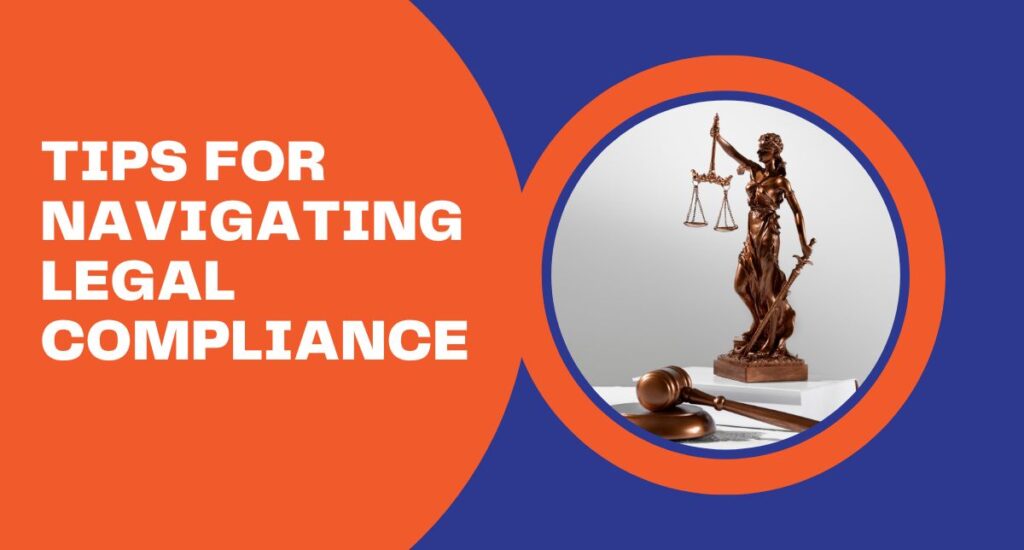
Navigating legal compliance in staffing and recruiting can be challenging, but there are several tips that companies can follow to help ensure that they comply with all laws and regulations.
Stay up-to-date on laws and regulations: The rules and regulations governing the staffing and recruiting industry are constantly changing, so it is essential to stay up-to-date on all new developments. Companies can stay informed by attending industry conferences, subscribing to industry publications, and working with legal professionals specializing in staffing and recruiting.
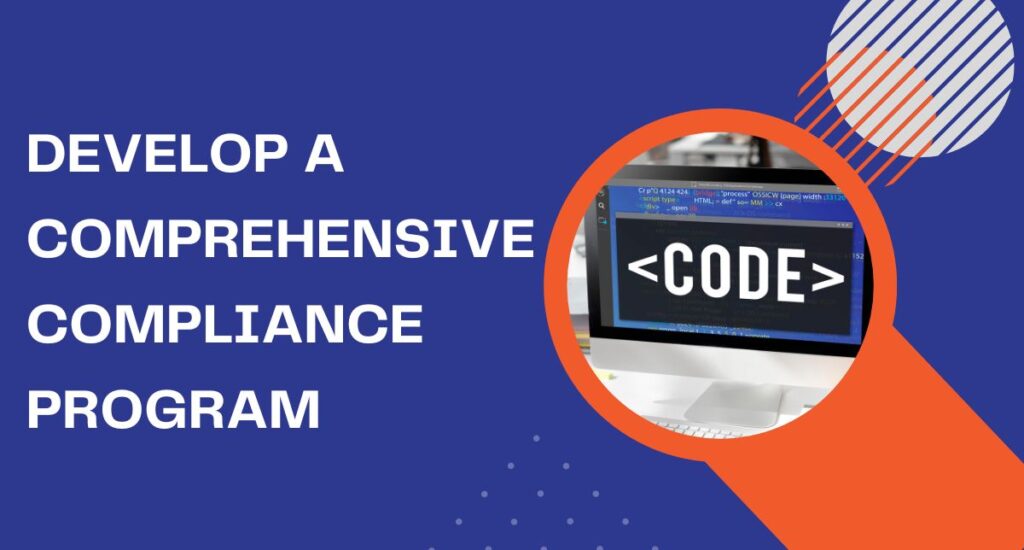
Developing a comprehensive compliance program is essential in the staffing and recruiting industry. A compliance program should include policies and procedures for hiring, training, monitoring, and reporting on compliance issues. The program should also have a system for conducting regular audits and assessments of compliance.
The following are essential components of a comprehensive compliance program:
Policies and procedures for hiring: These policies and procedures should outline the steps taken during the hiring process to ensure that all legal requirements are met, such as verifying the candidate’s eligibility to work in the country.
Training: All staff members involved in the staffing and recruiting process should receive training on the relevant laws and regulations. This training should be provided regularly to ensure that staff members are up-to-date on any changes to laws or regulations.
Monitoring: It is essential to monitor compliance to identify potential issues or improvement areas. This can include regular audits and assessments and ongoing monitoring of activities and procedures to ensure that they comply with legal requirements.
Reporting: A system for reporting compliance issues should be in place to ensure that any compliance issues are identified and addressed promptly.
Continuous improvement: A compliance program should be regularly reviewed and updated to remain practical and relevant to changing legal requirements.

Navigating legal compliance in staffing and recruiting can be complex and time-consuming. Partnering with a compliance expert can help ensure that your staffing and recruiting agency remains compliant and avoids potential legal issues.
A compliance expert can provide guidance and support in developing and implementing a comprehensive compliance program and conducting regular audits and assessments to identify areas for improvement. Additionally, a compliance expert can provide ongoing training to ensure that staff members remain current on any laws or regulations changes.
Partnering with a compliance expert can also provide peace of mind that your staffing and recruiting agency is operating within the bounds of the law, reducing the risk of potential legal issues or penalties.
Conclusion
Navigating legal compliance in staffing and recruiting can be complex and challenging. However, by understanding the legal requirements and developing a comprehensive compliance program, staffing, and recruiting agencies can ensure they remain compliant and avoid potential legal issues. Partnering with a compliance expert can also provide additional support and guidance to ensure that your agency remains compliant and operates within the bounds of the law.